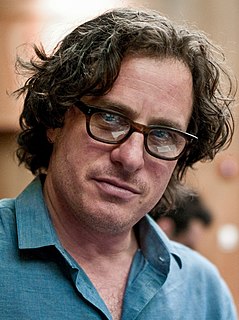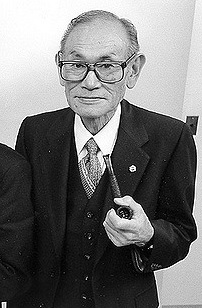A Quote by Rasika Dugal
Very often when we talk about war, conflict or terrorism, we talk about it very politically. We forget that there are people involved.
Related Quotes
Did you see, after this horrific tragedy in Boston, that [Barack] Obama cannot utter the word 'terrorist.' It's not politically correct. He even called the Fort Hood murderer 'workplace violence.' Because it's politically incorrect to talk about 'jihad,' or to talk about 'terrorist,' or to talk about 'the war on terror.' He won't say those words, because they're politically incorrect.
Let’s talk, you and I. Let’s talk about fear. The house is empty as I write this; a cold February rain is falling outside. It’s night. Sometimes when the wind blows the way it’s blowing now, we lose the power. But for now it’s on, and so let’s talk very honestly about fear. Let’s talk very rationally about moving to the rim of madnessand... and perhaps over the edge.
On the contrary, it's because somebody knows something about it that we can't talk about physics . It's the things that nobody knows anything about that we can discuss. We can talk about the weather; we can talk about social problems; we can talk about psychology; we can talk about international finance gold transfers we can't talk about, because those are understood so it's the subject that nobody knows anything about that we can all talk about!
Every time you hear anyone talk about the Caribbean, whether it's Caribbeans themselves or people outside, there's always talk about women's bodies. Talk about this voluptuousness, this kind of stereotype of what a Caribbean person is. And I think these are stereotypes that even people inside the culture, we actually sometimes claim them and we're very proud.
Before the war, my parents were very proud people. They'd always talk about Japan and also about the samurai and things like that. Right after Pearl Harbor, they were just real quiet. They kept to themselves; they were afraid to talk about what could happen. I assume they knew that nothing good would come out of it.
I belong to a bowling team with black and Latino coworkers. And when we get together and we talk about politics - I'm almost quoting him - he said, we don't talk about Black Lives Matters. We talk about what matters to our families. We talk about jobs, and we talk about the fate of the country. That is America, and you can reach those people.



































